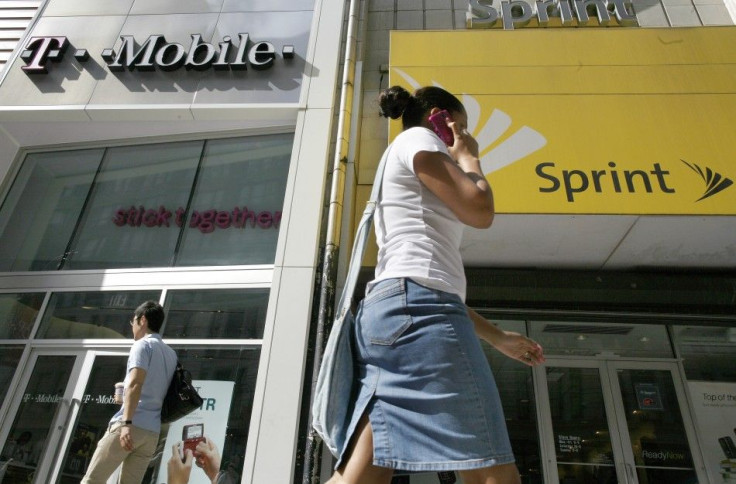Sprint Blasts AT&T-T-Mobile Deal

Sprint is not happy with the idea of a marriage between T-Mobile and AT&T.
Several sites have posted a statement from the company, which says that if allowed to proceed it would consolidate the market still further.
If approved, the merger would result in a wireless industry dominated overwhelmingly by two vertically-integrated companies that control almost 80% of the US wireless post-paid market, as well as the availability and price of key inputs such as backhaul and access needed by other wireless companies to compete, the statement says.
The $39 billion merger would put AT&T at the front of the pack as measured by subscribers, and reduce the number of top-tier carriers to three from four.
T-Mobile was the fourth-largest of the U.S. wireless carriers, with Sprint ahead of it. But neither approached the size of AT&T and Verizon, both of which were much larger than either Sprint or T-Mobile. T-Mobile has 33.7 million subscribers, and Sprint has 49.9 million. Sprint's statement notes that the combined AT&T/T-Mobile would be nearly three times the size of Sprint.
Sprint was once rumored to be in the hunt for T-Mobile, though such a deal made less sense because Sprint and T-Mobile use two different technologies for their phones. T-Mobile and AT&T both use GSM, which is common in most of the world outside the U.S. and is the de facto standard throughout Europe. Sprint (like Verizon) uses CDMA. Any merger between the two would have to account for the costs of integrating those two technologies.
Sprint also has a debt-heavy balance sheet -- $20 billion as of the end of 2010. That would have put a dent in its ability to finance such an acquisition.
There is still the possibility that Sprint might get snatched up by Verizon, but that deal would be put under the microscope, and might be the first such merger that the Federal Communications Commission would shoot down.
Thus far, no wireless merger has been disallowed by the FCC. While there have been some - notably Verizon's acquisition of Alltel, which required divestures of certain markets, not one has been forbidden outright.
© Copyright IBTimes 2025. All rights reserved.



















